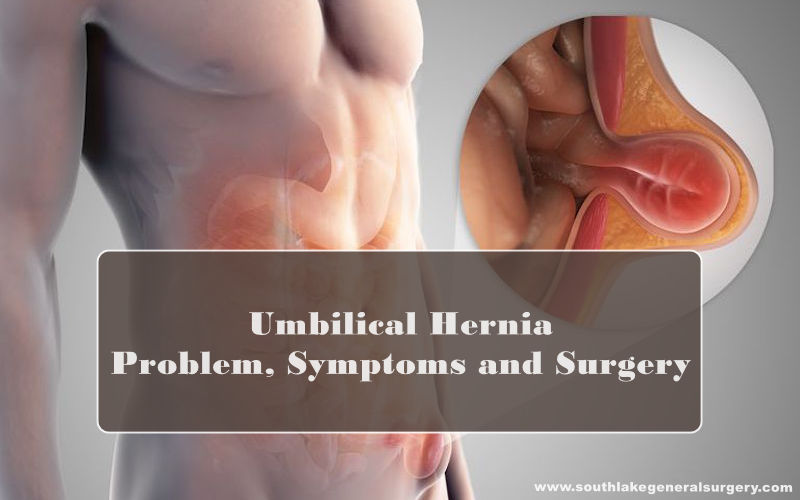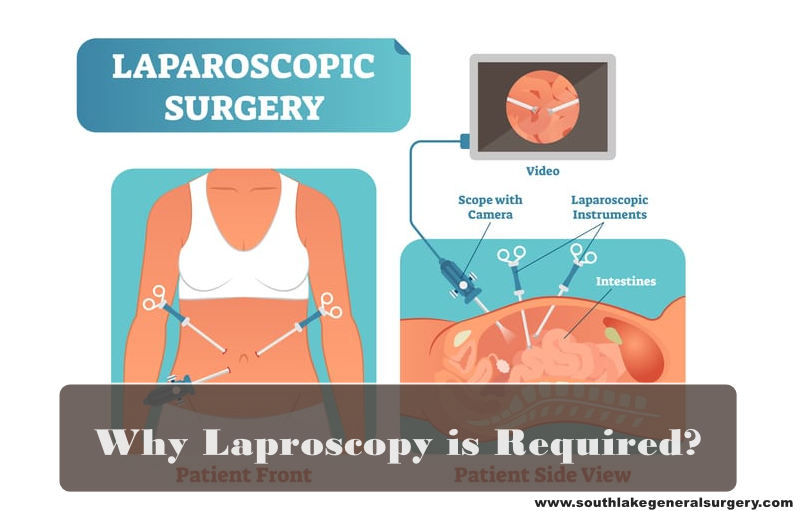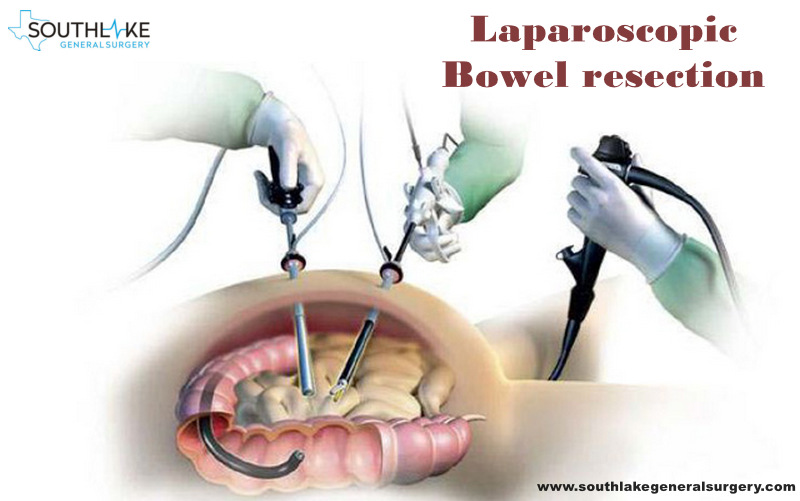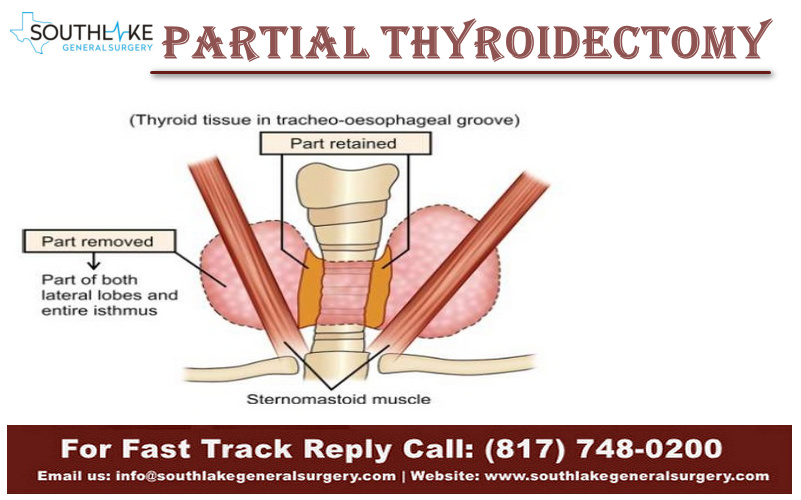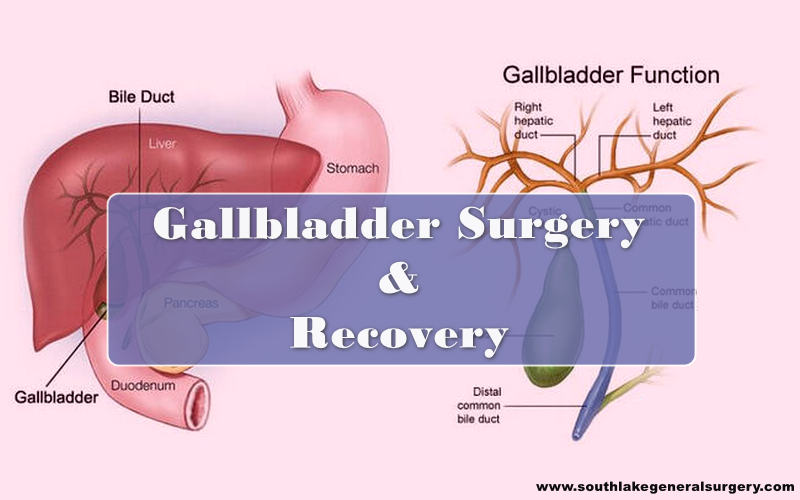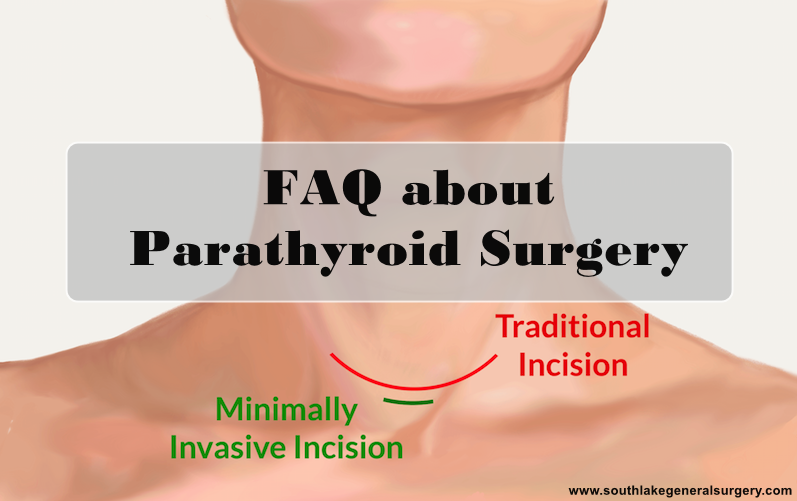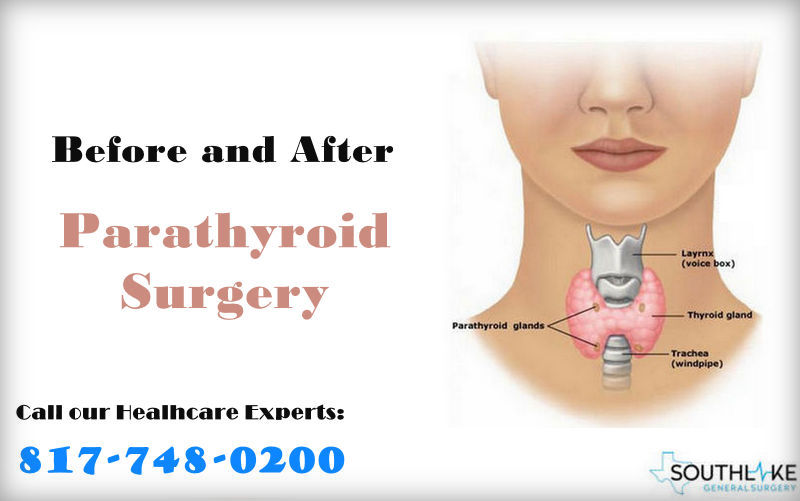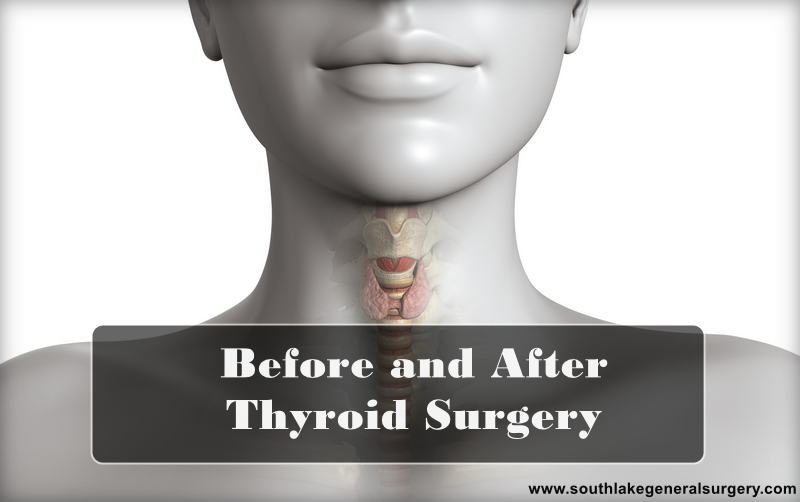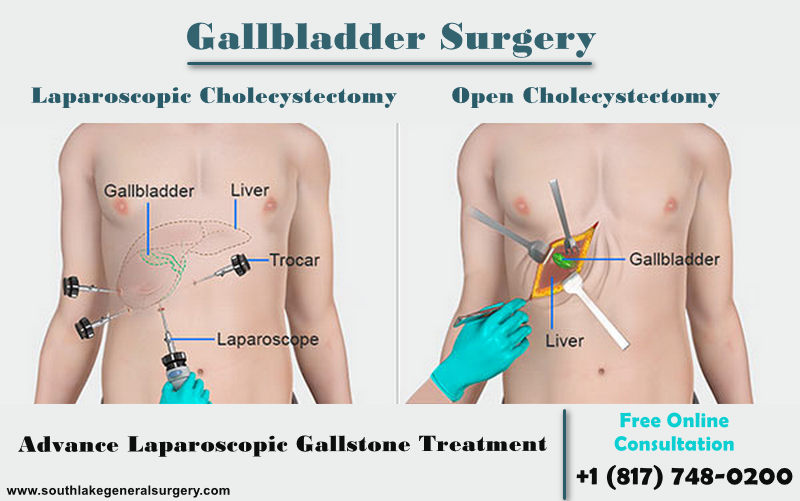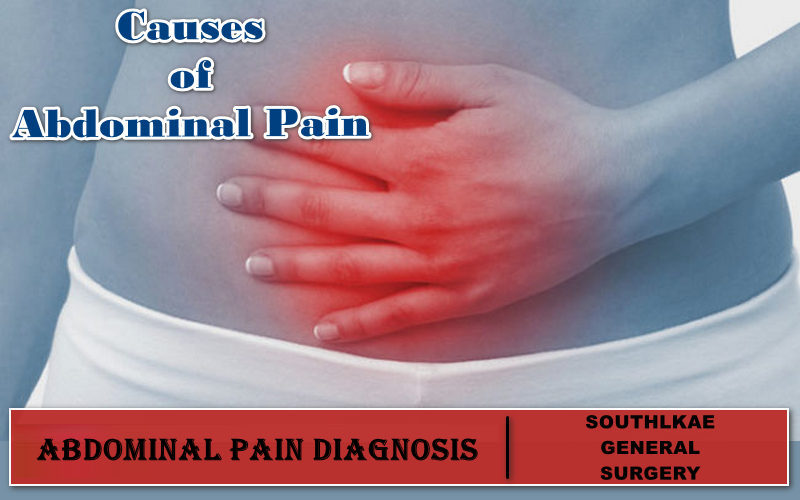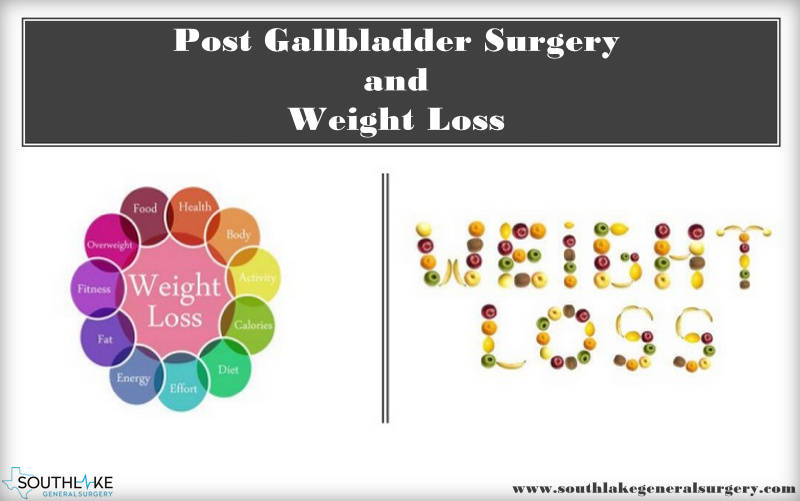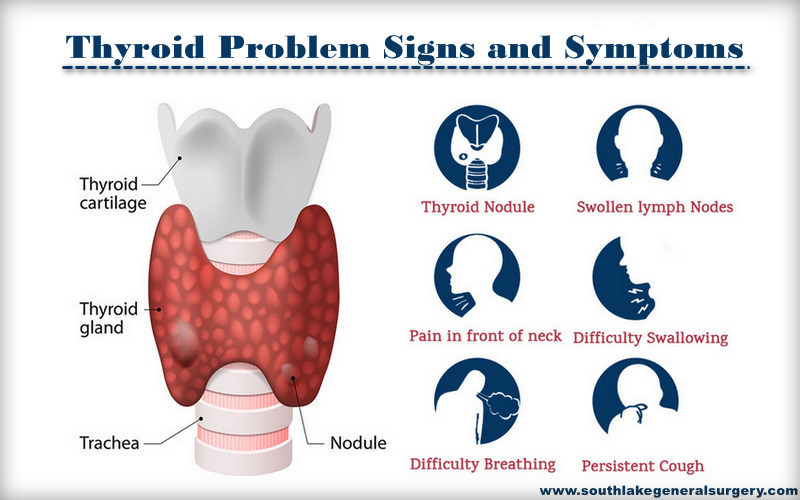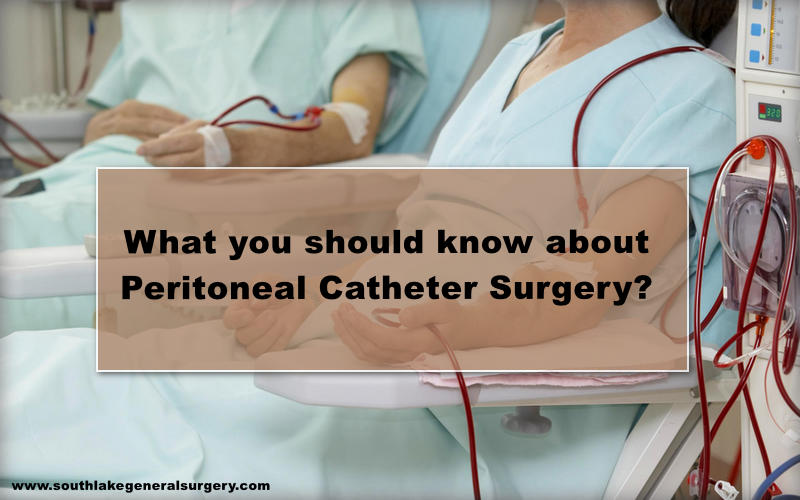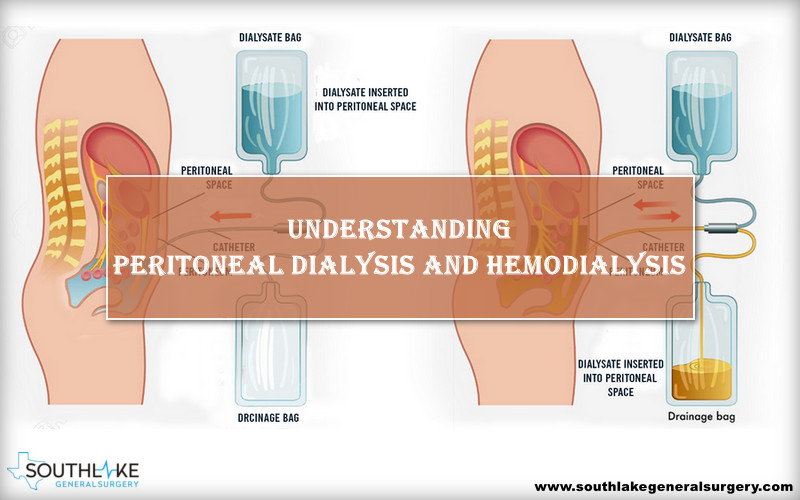An umbilical hernia happens when part of the bowel or fatty tissue pushes through a zone close to the belly button. There are various types of hernia. An umbilical hernia happens when there is a deformity in the front abdominal wall that underlies the umbilicus, or navel.
Read More →
Laparoscopy is also called diagnostic laparoscopy, it is a surgical diagnostic method used to inspect the organs inside the abdomen. Laparoscopic surgery is a low-risk, minimally invasive method that can be completed with just a small 3-4 incision.
Read More →
A bowel resection is a surgery to eliminate any part of the bowel. This incorporates the small intestine, large intestine, or rectum. The surgeon uses it to treat ailments and blockages of the large intestine (colon).
Read More →
The thyroid is a small-sized, butterfly-shaped gland located in the lower part of the front of the neck. Thyroid gland removal is a surgery that includes eliminating part (partial thyroid) or the entirety of the thyroid.
Read More →
A gallbladder removal surgery is suggested when an individual’s gallbladder has stones or doesn’t work well. The gallbladder is a vital organ as it stores bile to help digestion.
Read More →
If you had any surgery recently and the food you eat can have an incredible effect on your recovery and on how rapidly your wounds heals. Taking the good dietary food can forestall complication and help speedy recovery, for example, constipation and high blood glucose.
Read More →
FAQs about Parathyroid Surgery are common among patients who are contemplating this procedure. Some of the most common questions include:
Read More →
Understanding what to expect before and after parathyroid surgery is essential, as it can be a life-altering event for many people. The patient and the surgical team should get together before the procedure to go over the procedure’s specifics and any preoperative requirements.
Read More →
Before and after thyroid surgery, patients are often faced with a variety of emotions and questions. Anxiety about the surgery itself and concerns surrounding the recovery process can be overwhelming, while the potential lifestyle changes that come with a thyroidectomy can cause trepidation in some individuals.
Read More →
The gallbladder is a little pear-shaped organ, underneath your liver. The gallbladder’s core function is to store the bile produced by the liver and pass it along through a conduit that purges into the small intestine tract. Bile helps digest fats in your small intestine.
Read More →
Abdominal pain can happen between the chest and pelvic area. Pain in the abdomen could be crampy, throbbing, dull, intermittent, or sharp shooting which is also known as a stomachache. Inflammation or illnesses that influence the organs in the abdomen could cause stomach pain.
Read More →
Several types of Hernia that may happen in abdomen between your chest and hips, however a hernia is a tear in the muscle that isolates the abdomen from the crotch. An abdominal organ pushes through the abdomen cavity and is rise as a lump in the crotch. It may disappear if you lie down or may be tender.
Read More →
A patient may experience fluctuations in body weight or maybe weight loss post-gallbladder surgery. Weight loss after gallbladder surgery is observed in a few individuals. It is essential to comprehend why gallbladder surgery can lead to weight fluctuations in individuals. To conclude, an individual must know the gallbladder’s role in digestion.
Read More →
Thyroid problem happens due to over or underproduction of thyroid hormones. It’s important to create a proper balance or restore the hormones if any thyroid problem is diagnosed. You should visit to doctor for regular checkups when you have a nodule on the thyroid gland.
Read More →
Dialysis is a treatment with the aid of a pump that filters and sanitizes the blood. Body fluids and electrolytes are regulated and preserved during this procedure when kidneys aren’t working. Dialysis has been used to support people suffering from kidney disorders since the 1940’s.
Read More →
Peritoneal dialysis and hemodialysis are the two primary methods to consider when selecting whether dialysis treatment is best for a certain patient. Hemodialysis is a method of eliminating waste and toxins from the body by using a dialyzer and artificial blood vessels.
Read More →
